For decades, Saudi Arabia and Japan have maintained an excellent relationship, primarily based on trade—particularly oil and commerce. However, as both nations undergo transformative changes—shifting toward greater diversification and innovation—there is an opportunity to deepen their relationship into a comprehensive, strategic partnership. Dr. Ghazi Binzagr, Saudi Arabia's ambassador to Tokyo since 2024, is focused on expanding this collaboration beyond traditional trade to include technological innovation, cultural exchange, and long-term cooperation.
In this exclusive interview with Saudi Times, Dr. Binzagr shares his perspective on how both countries can navigate their evolving roles and build a robust, lasting partnership grounded in shared values, mutual respect, and complementary strengths.
Q: Comparing how countries historically evolve, is there a risk that Saudi Arabia’s speed of change could outpace the institutional and societal structures needed to sustain it?
A: I wouldn’t frame it as a risk but as a challenge. Transformation, including Vision 2030, requires significant shifts in laws, regulations, and cultural norms. The Kingdom's goal is to honor our heritage while modernizing our systems to ensure we remain resilient and relevant. It's important to recognize that all transformations face challenges, and learning from other countries like Japan is crucial.
Japan’s post-war economic boom provides valuable lessons—especially in how they navigated rapid industrialization while adapting their social systems. They built institutions that could accommodate change, and that kind of resilience is something we aim to build on.
Q: Japan’s ageing workforce and Saudi Arabia’s youthful population seem complementary, yet Japanese firms appear hesitant to expand in Saudi Arabia. Is this due to regulatory barriers, cultural differences, or a reluctance to shift away from traditional markets like China?
A: Firstly, I would like to emphasize how deeply we respect Japan’s approach to business and culture, and we believe there are many areas where we can learn from each other. In addition, Japan and Saudi Arabia share a complementary demographic and economic landscape, presenting significant opportunities for deeper collaboration.
While some Japanese firms may initially approach expansion with caution due to regulatory frameworks, cultural differences, or established trade ties with other traditional markets, Saudi Arabia has undertaken extensive reforms to enhance its business environment. Vision 2030 has introduced policies that promote foreign investment, streamline regulations, and create a more welcoming ecosystem for international companies.
Japanese firms that have already entered the Saudi market have found a dynamic and youthful workforce, strong government support, and promising long-term growth prospects. By leveraging these opportunities and fostering deeper mutual understanding, both nations can unlock unprecedented economic and technological collaboration.
Q: Saudi Arabia is investing billions in smart cities like NEOM, while Japan excels in efficient urban planning. Can Saudi Arabia build sustainable cities without changing how people move, considering Japan’s success with public transportation?
A: Saudi Arabia is working on multiple tracks to build sustainable cities. NEOM is a visionary project that aims to create a city unlike any other, while Riyadh is undergoing a transformation to improve its infrastructure.
Both Saudi Arabia and Japan have distinct histories and approaches. Japan’s post-war rebuilding faced its own urban planning challenges, which we can learn from, but we are creating a future that incorporates both modern technology and our rich heritage. Our relationship with Japan offers an opportunity to share ideas and explore sustainable solutions that respect both tradition and innovation.
Q: Japan has successfully exported its culture globally, from anime to cuisine, while Saudi Arabia seeks to establish itself as a global cultural and tourism hub. How does Saudi Arabia balance this with preserving its authentic national identity?
A: Saudi Arabia’s transformation under Vision 2030 is about reshaping our cultural narrative while preserving the authenticity of our traditions. We admire how Japan has maintained its identity while embracing globalization, and we are committed to doing the same.
It’s not just about cultural export; it’s about fostering mutual understanding. Many Saudi students who have studied in Japan return with a deeper appreciation for Japanese ethics and work culture. We hope to welcome more Japanese students to Saudi Arabia to experience our traditions firsthand.
At the same time, our growing cultural sectors—such as eSports, gaming, and entertainment—create natural bridges between Saudi and Japanese youth. These sectors offer an exciting opportunity to collaborate while staying true to our respective cultural identities.
Q: Japan leads in robotics and automation, but its production has slowed. As Saudi Arabia pushes AI and automation, could it be overestimating technology’s role in its economic transformation?
A: Vision 2030 is an evolving process, and we recognize that while AI and automation are key tools, human adaptability and collaboration remain central to economic growth. Japan’s technological advancements provide valuable insights into the balance between automation and human capital.
In Saudi Arabia, we are focused on developing human capital alongside technological growth. We are investing in industries like gaming and cultural sectors to complement our industrial ambitions, ensuring that technology enhances rather than replaces traditional strengths.
In this sense, we and Japan are philosophically very similar. This alignment in interests, values, and outlook presents even greater opportunities for collaboration. When two countries share not only strategic goals but also fundamental perspectives, they can achieve remarkable things together.
Q: Japan has experienced challenges with social change, such as gender roles and an ageing population. Are there lessons for Saudi Arabia as it navigates its own cultural shifts?
A: Japan’s ability to balance cultural tradition with social change offers valuable insights. Their experiences in addressing challenges such as gender roles and an ageing population are particularly relevant. In some areas, like gender equality, Saudi Arabia has made rapid progress and has inspiring stories to share with the world. In others, such as adapting to an ageing population, we can learn from countries like Japan.
For example, we greatly admire Japan’s healthcare system and its emphasis on wellness, and we are exploring similar approaches to preventive healthcare in Saudi Arabia.
Saudi Arabia’s cultural shifts reflect our commitment to modernization while maintaining our cultural heritage. Japan, I feel, is very similar in this way. What makes our relationship strong is the deep cultural respect we have for each other. By fostering more exchanges in education, research, and other areas of human expression and understanding, we can build even stronger ties in the decades to come. This, I believe, is the future of Saudi–Japanese relations, and it makes me optimistic.
Q: With Expo 2025 in Osaka and Expo 2030 in Riyadh, where would you like relations between the two countries to be by the end of this decade?
A: As we look toward Expo 2025 and Expo 2030, I envision a partnership between Saudi Arabia and Japan that is deeper, more multifaceted, and more dynamic. Both countries are undergoing remarkable transformations, and our relationship will reflect that progress.
Through collaboration in trade, technology, and culture, we can build a lasting partnership that respects our respective histories and traditions while embracing the future. I am excited for what lies ahead and the opportunities that will arise from our shared commitment to innovation and mutual respect.
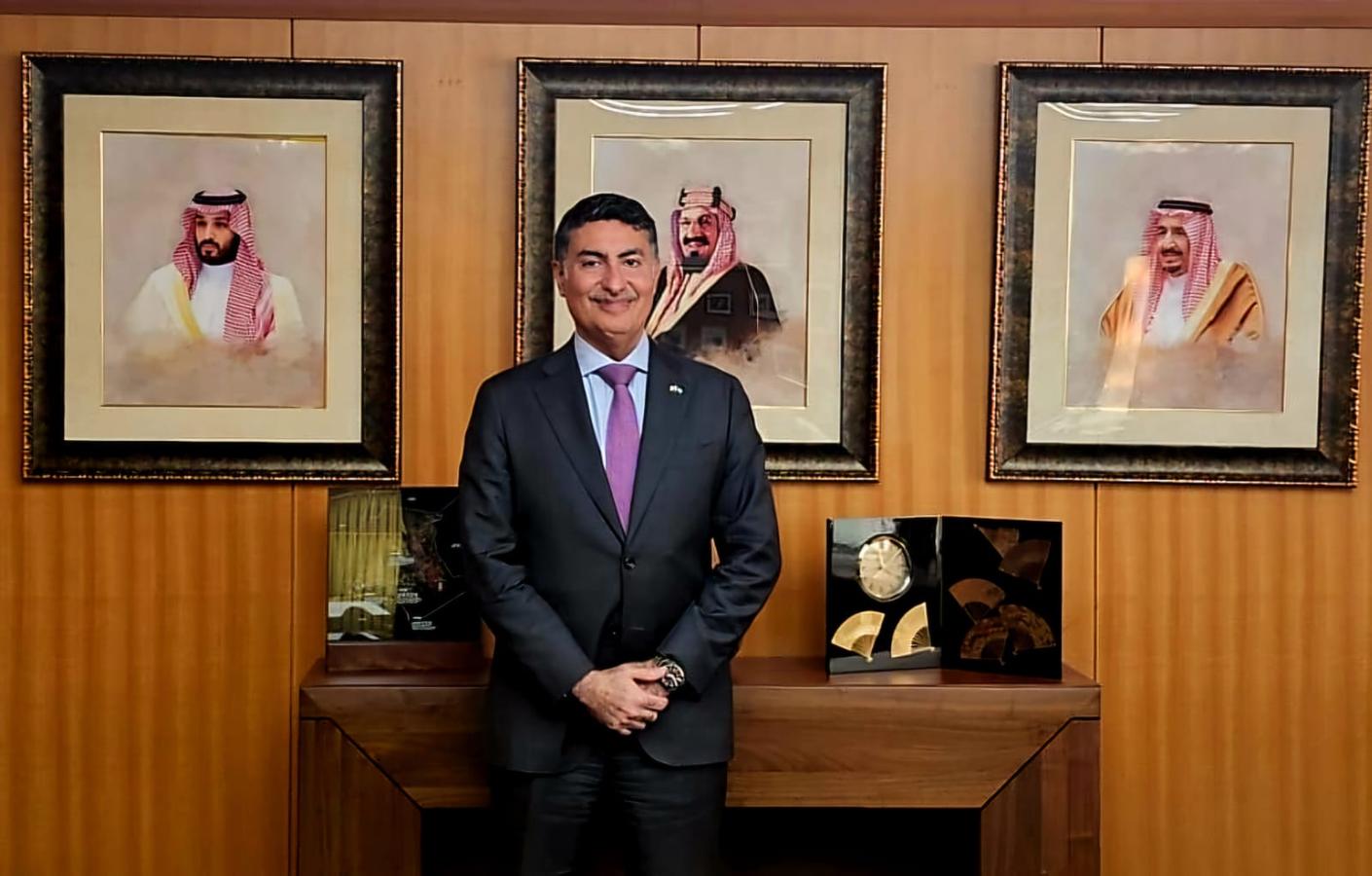
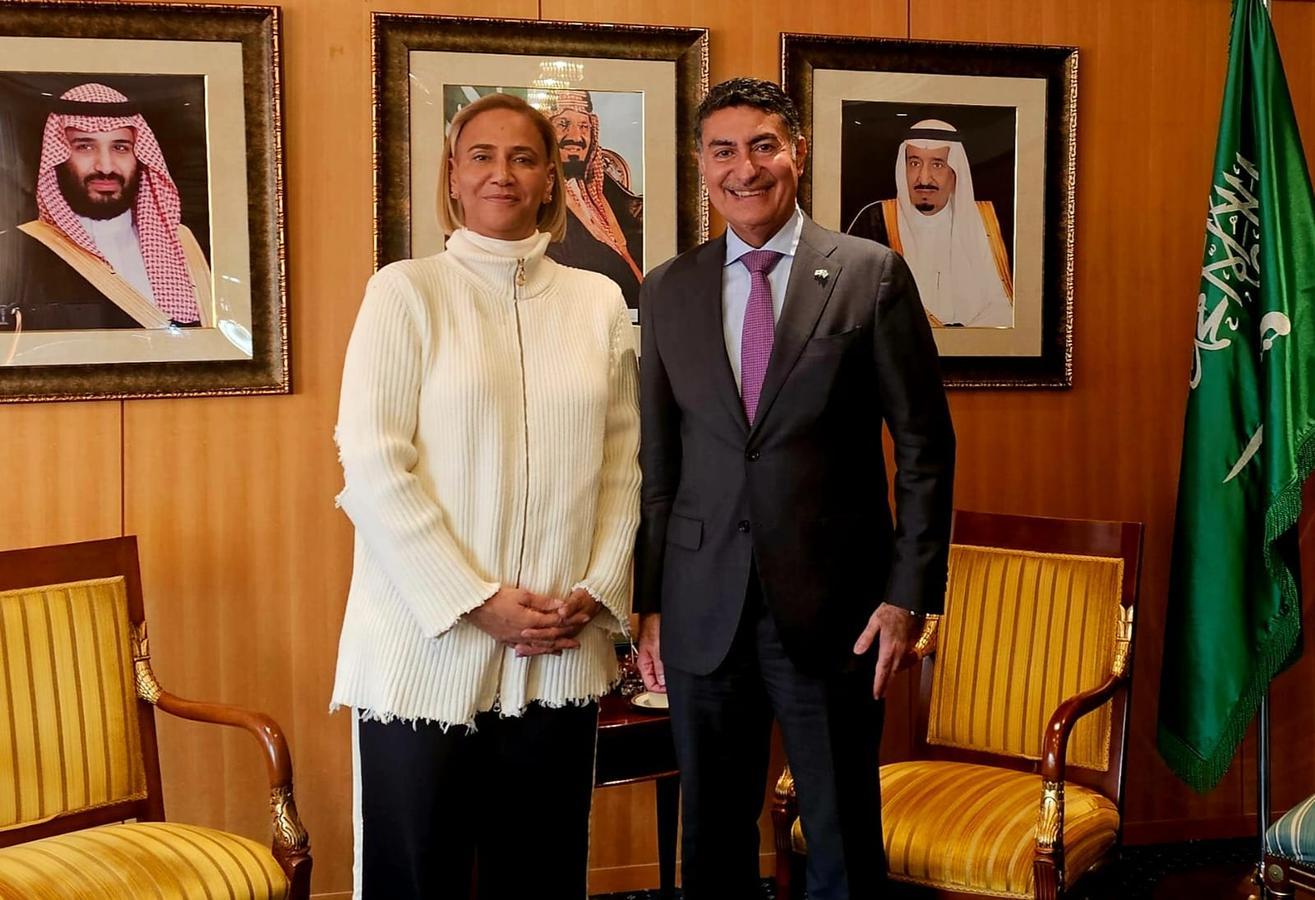
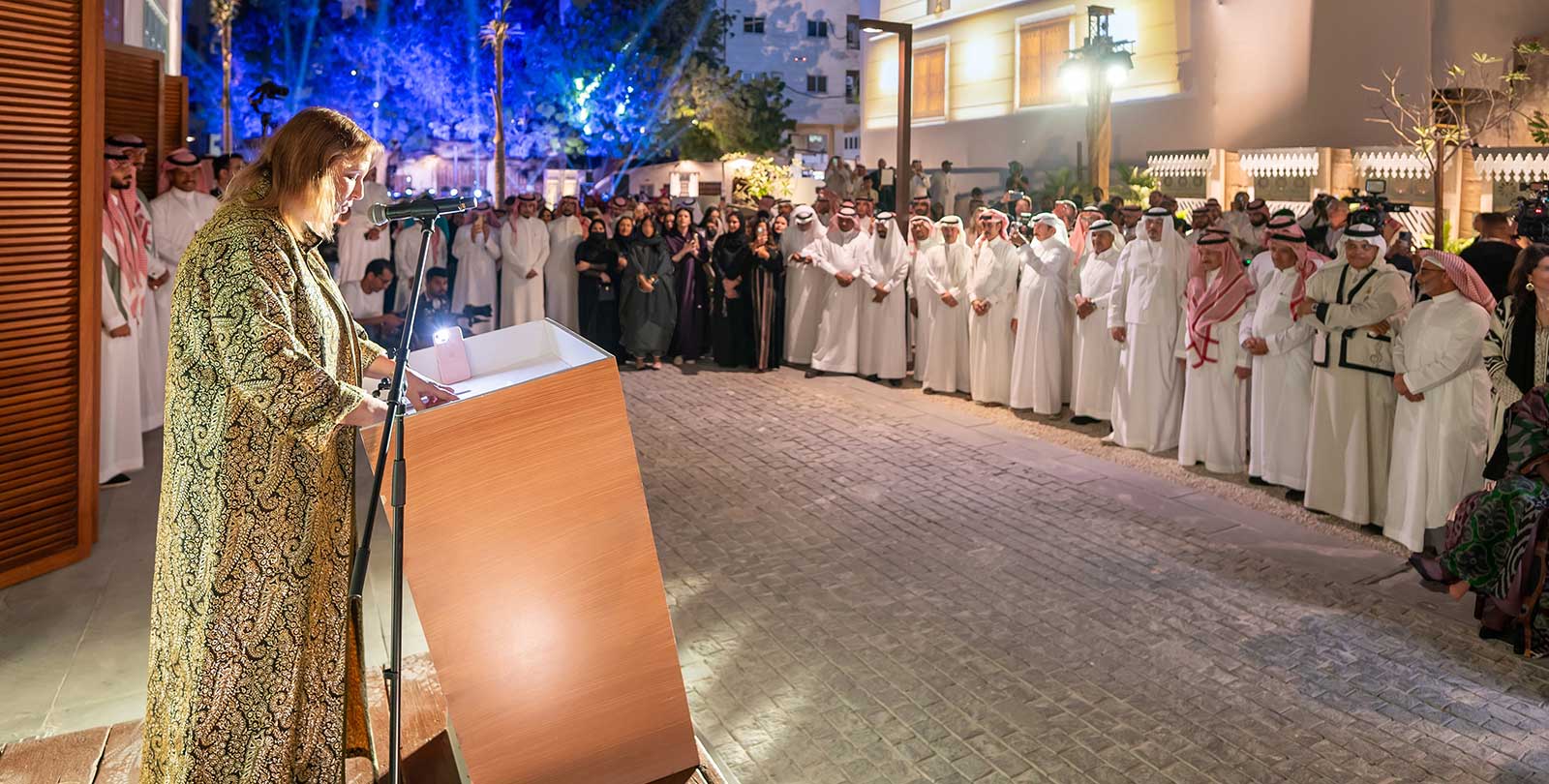
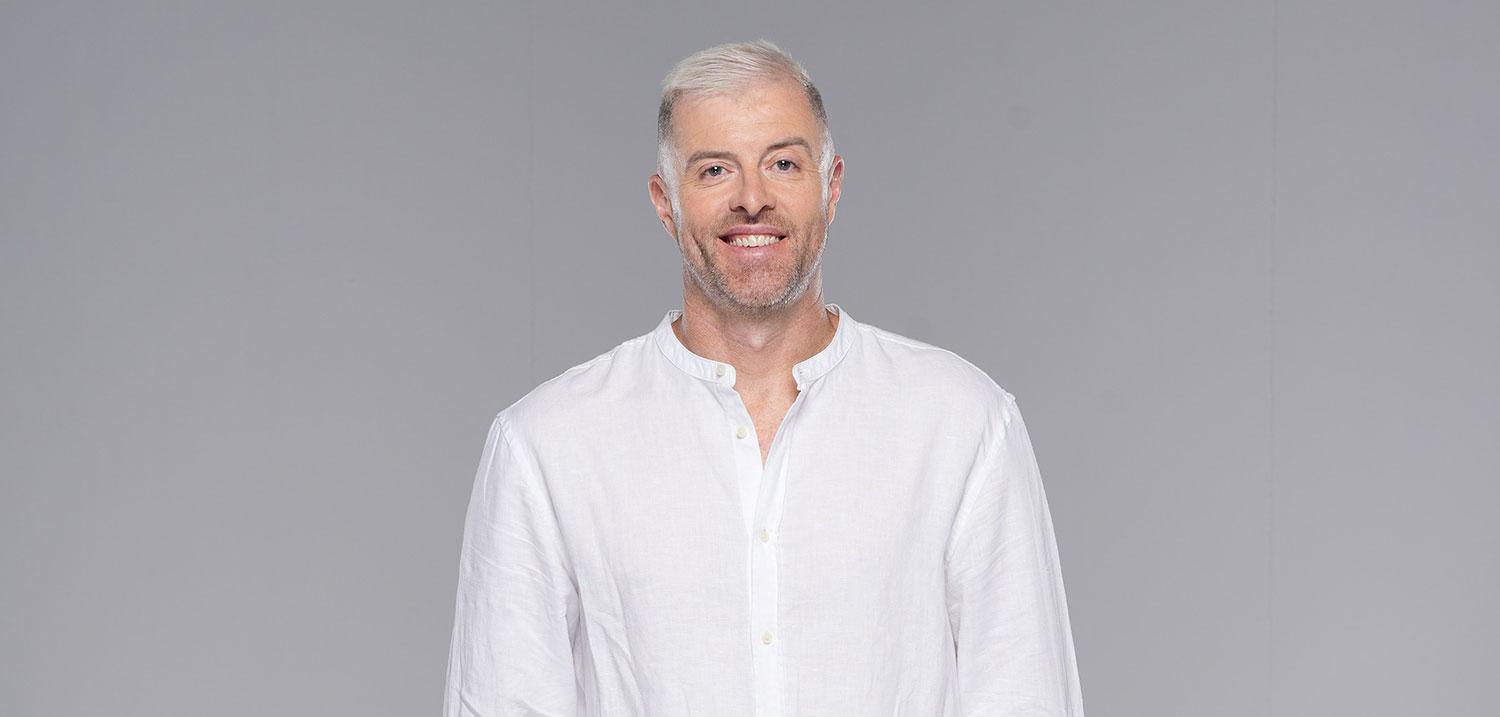
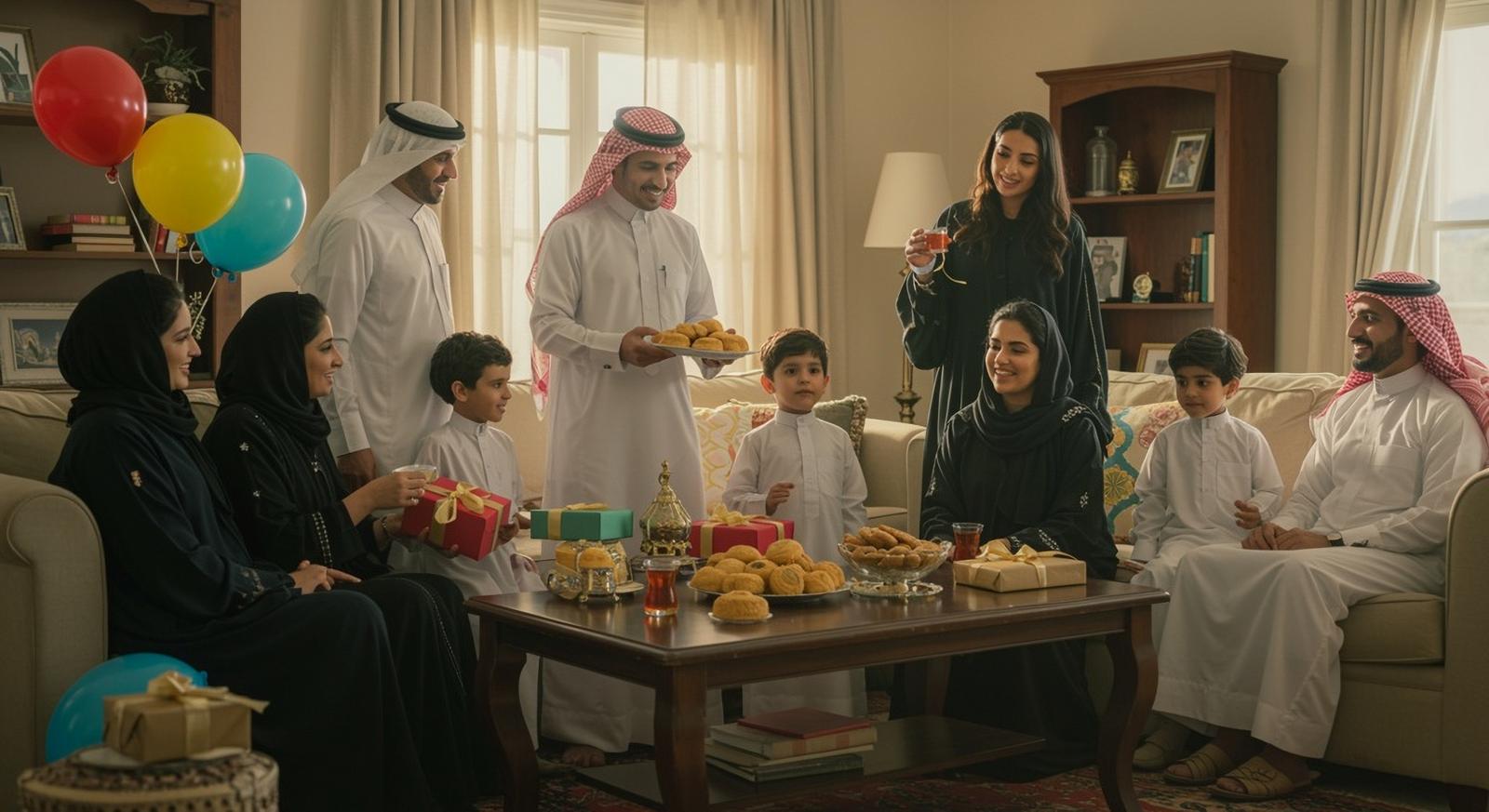
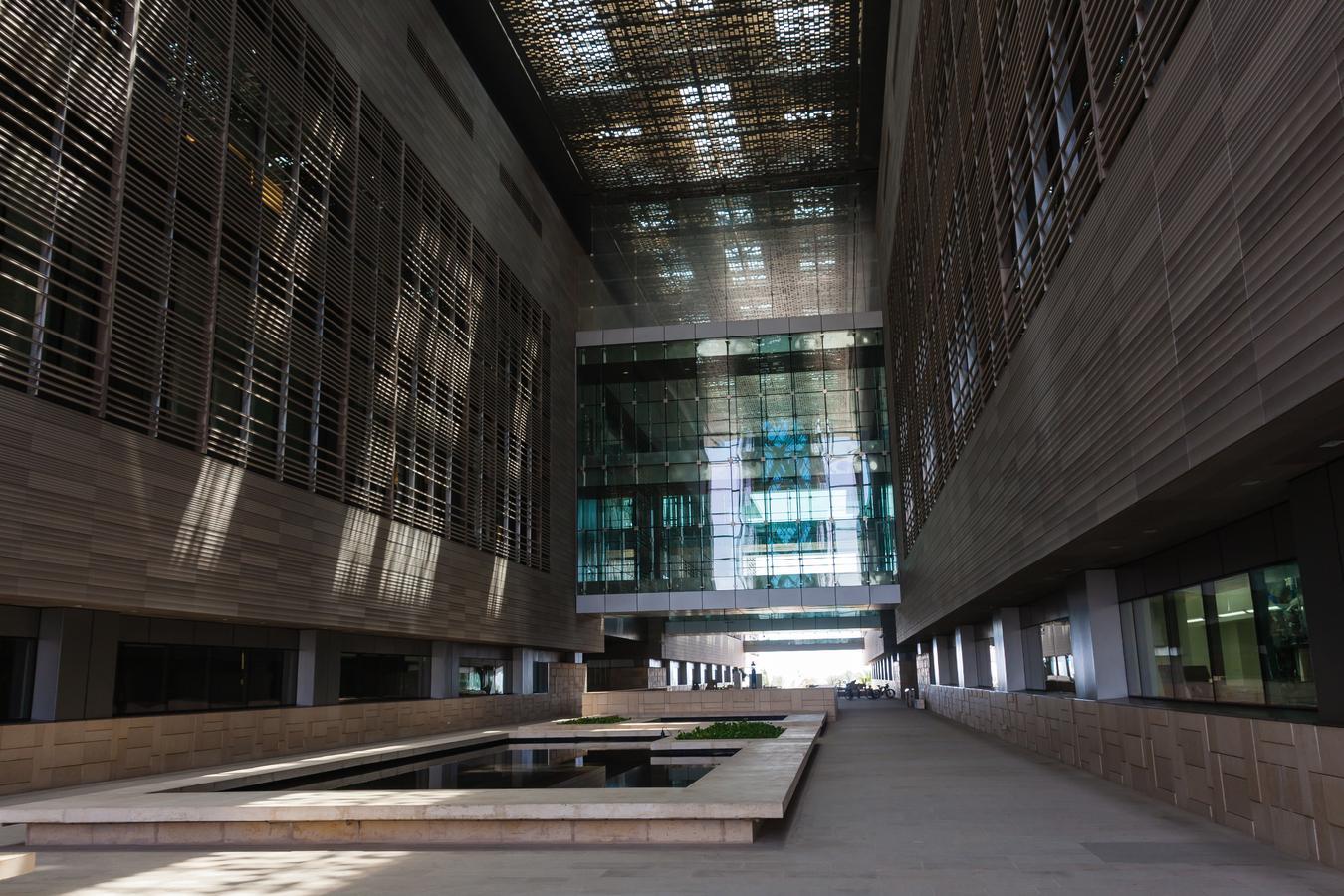
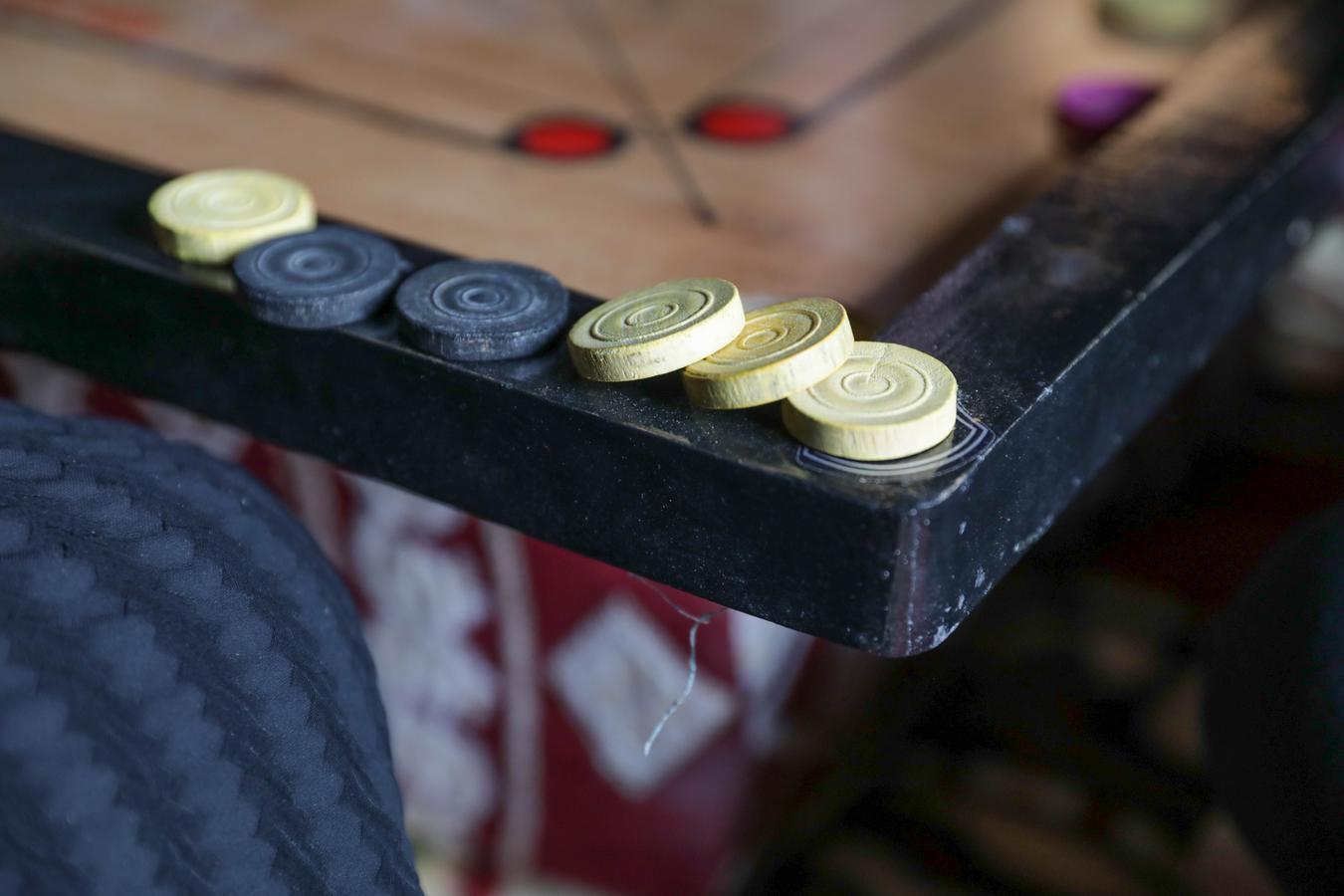
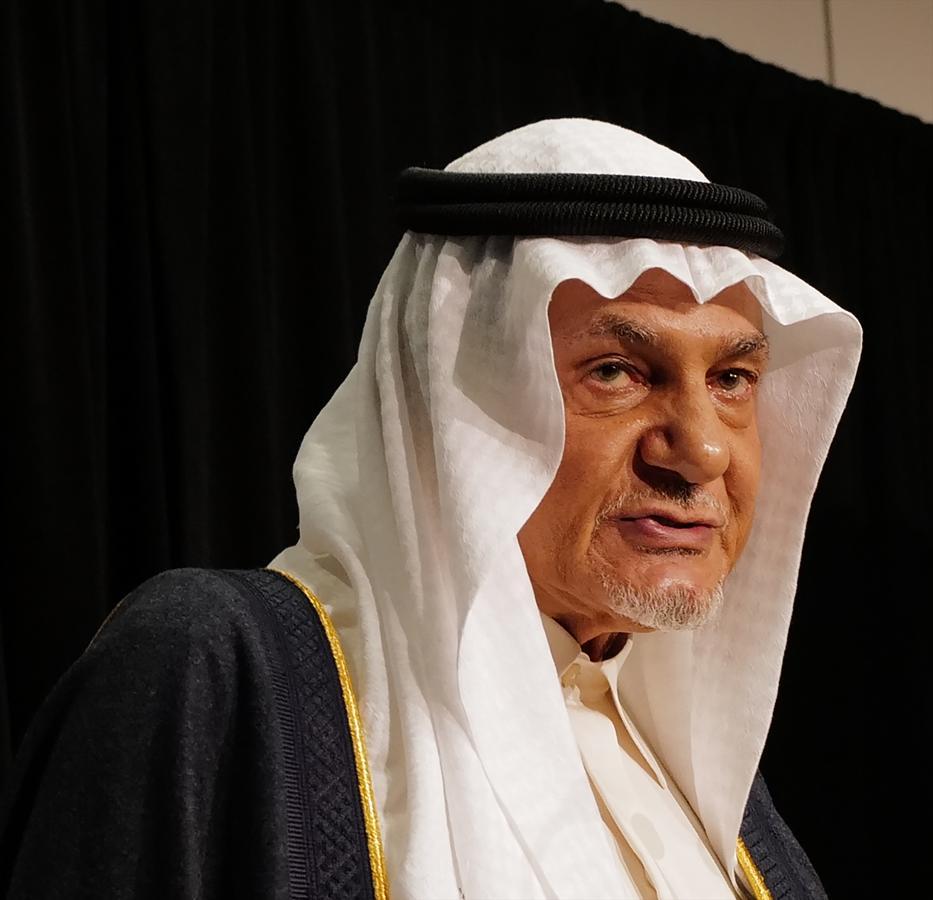
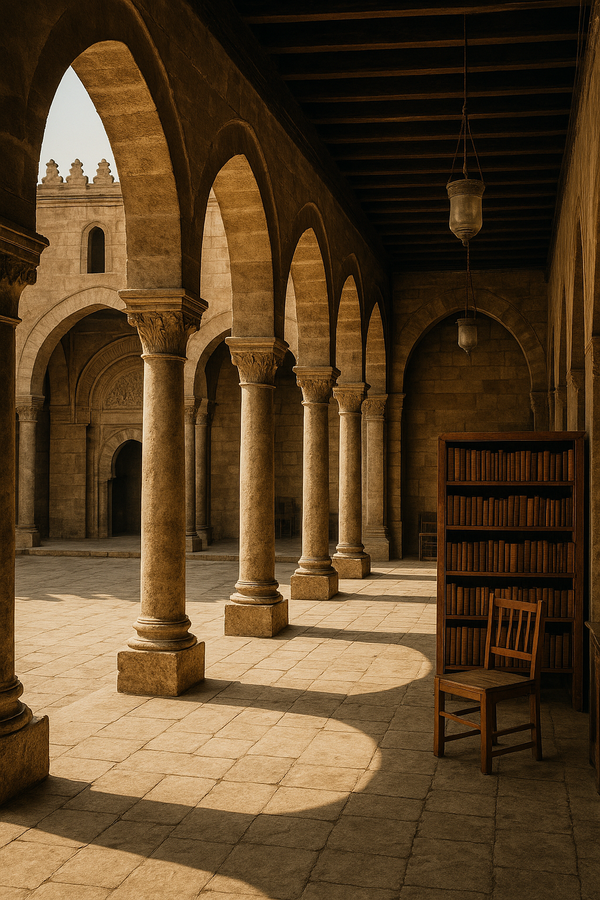
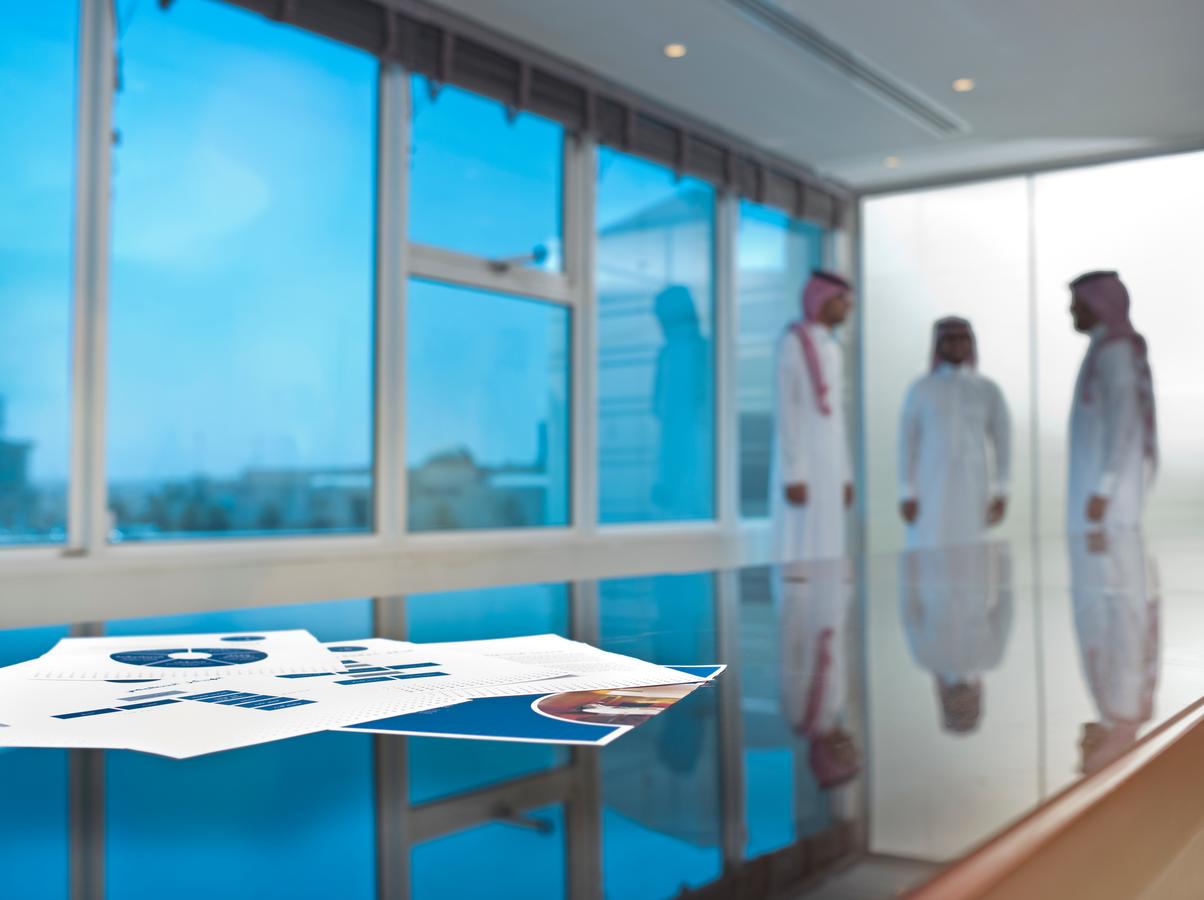
0 Comments
No comments yet. Be the first to comment!